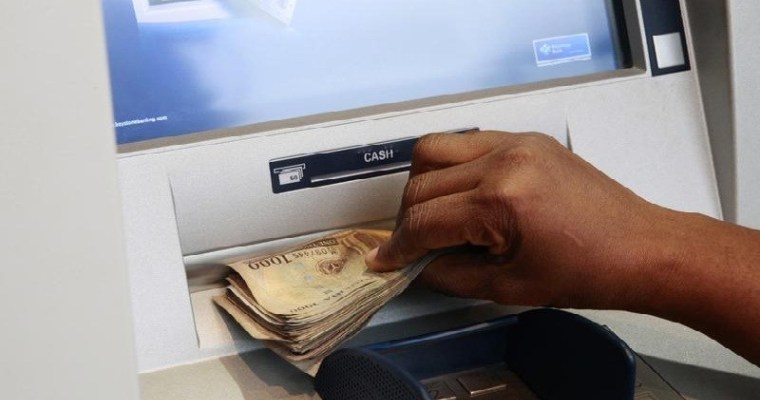Business
10 Major Implications of Naira Exchange rates unification

By Taiwo Oyedele
With the Nigerian Naira now exchanging in the official forex market at market-determined rates, a significant market distortion has been removed. Expectedly this will come with both positive and negative implications.
The major impacts will include:
- Significant rise in government debt in naira terms by about N12 trillion to N90 trillion i.e. external debt of $42bn will increase by the difference between the old and new rates.
- As a result of the above, debt to GDP ratio will increase by about 5%
- There will be a corresponding increase in debt service cost with respect to foreign debt service
- The government’s revenue will increase in naira terms resulting in a higher tax/revenue to GDP ratio. Corporate tax collection may however decline as many businesses crystallize forex losses due to the higher exchange rate.
- Possible reduction in budget deficit if government’s forex revenue exceeds foreign currency obligations, an increase in budget deficit will arise if otherwise
- Possible impact on the pump price of petrol which could inch closer to the current pump price of diesel
- There should be some cost savings as government discontinues the various fx interventions e.g. Naira4Dollar, RT200 etc which cost tens of billions of naira
- The country will attract fx inflows, especially from portfolio investors, FDI and exporters’ proceeds. The impact on diaspora remittances would be marginal.
- The capital market will benefit as it is likely to appreciate further as foreign investors take a position
- There should be negligible impact on the general prices of goods and services as products are already factored in parallel market rates to a large extent.
Overall, this is a positive move. However, the government needs to manage the dynamics to restore confidence. The backlog of forex demands needs to be addressed and government should be ready to supply forex to stabilise the exchange rate in the short term.
Also, relax capital control and administrative bottlenecks including unbanning the list of items prohibited for fx (and complementing with higher import duties), removing the need for a certificate of capital importation etc to prevent the parallel market rate from simply moving further away from the official market rate.
Stop the demand for certain taxes and levies in foreign currency, it creates unnecessary fx demand without adding to supply.
The aggregate demand for fx across markets should reduce as a round-tripping incentive is removed, for instance, people who fake foreign travels just to get fx at discounted rates. Also, Nigeria’s sovereign credit rating should improve if this is complemented with the right fiscal and monetary policies thereby attracting more fx inflows and lowering the cost of borrowing.

 Cryptocurrency5 days ago
Cryptocurrency5 days agoPixelverse Just Launched, and Millions Made, Dotcoin is about to Launch, Here is how to Join

 Cryptocurrency5 days ago
Cryptocurrency5 days agoBinance’s Upcoming App Launch: Don’t Miss Out on This $10,000+ Airdrop

 Recruitment14 hours ago
Recruitment14 hours agoLink to Apply for NNPC Recruitment 2024 – Follow this Guide to Register Successfully

 Cryptocurrency4 days ago
Cryptocurrency4 days agoGet Rewarded Instantly: Renta Network Airdrop – Don’t Miss Out!

 Nigeria News2 days ago
Nigeria News2 days agoTurn Clicks into Cash: Earn Up to $2 Daily with Nomis Score on Telegram – Start Now!

 Cryptocurrency4 days ago
Cryptocurrency4 days agoLatest Airdrop Alert! Join Our Telegram Group and Make a Path to the Web3 Wealth

 Cryptocurrency5 days ago
Cryptocurrency5 days agoCongratulations! You can Now Claim #DD Token, (You’re still Early if you are seeing this Post)

 Recruitment13 hours ago
Recruitment13 hours agoHow to Successfully Apply for NNPC Recruitment Despite Website Traffic





